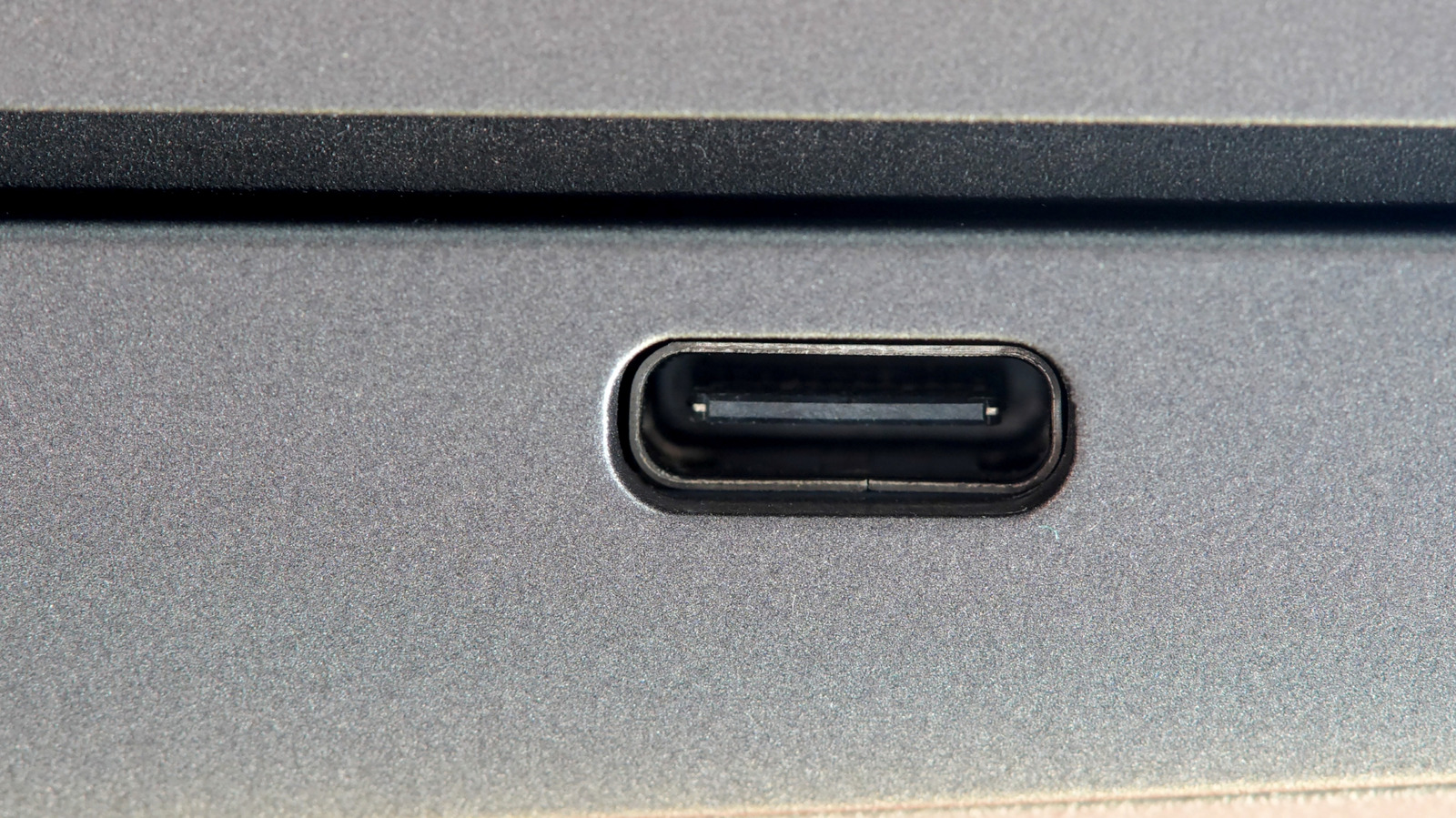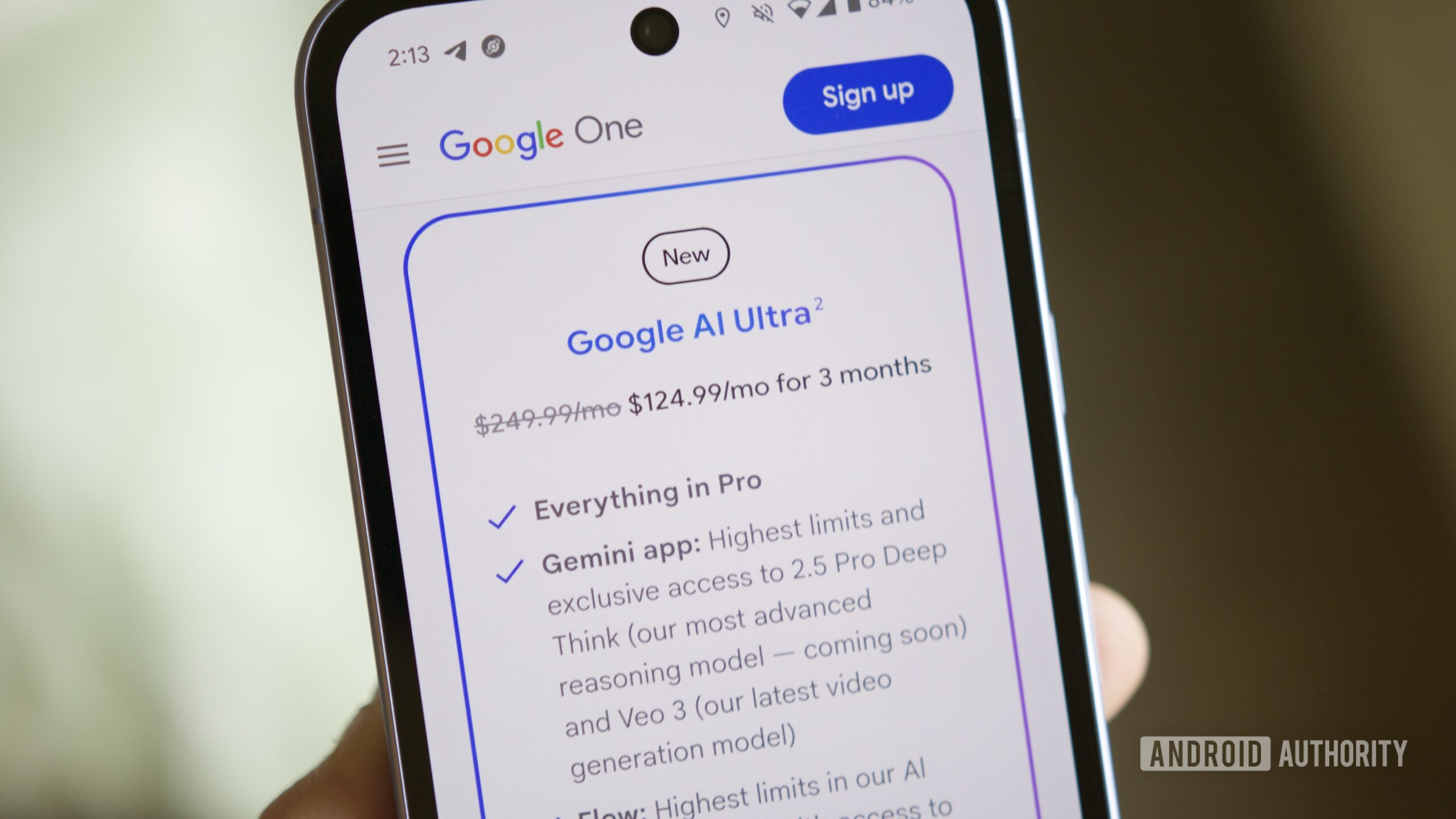This is all bogus, of course. The hacker is as fake as the bank employee who tell the victim that he will help him over the phone go through the process of securing his device. To do this, the fake bank employee will pretend to transfer the victim to tech support, and another one of the scammers will pick up the phone to say that he is from the bank’s tech support unit. He goes on to tell the victim that a special app needs to be installed on his phone so the bank can check out the level of security on the device.
If this ever happens to you and you get to this point, do not allow the app that the bogus bank employees are pushing on you to be installed on your phone. If you do, they will ask you to check your bank accounts for fraudulent transactions. They will do this by asking you to open your banking, securities, or crypto apps. They might ask you to show them the most recent statements from these accounts which can be opened via an app or a website using your phone’s mobile browser.
The thing is, thanks to the app they asked you to install, whatever you see on your phone, they can see. That’s why you should not agree to have the app they suggest you add to your device, installed on your phone, tablet, or any other connected device you use.
If you don’t heed this warning, the scammers will now know exactly how much is in your account and where that cash is. They will then tell you that they can help you move your money to a safe account, which they promise will keep your money away from the made-up hacker they might have told you earlier was a threat to the safety of your funds. The safe account is actually their own bank account or crypto wallet. The transfer is made, and your money is gone forever.
To prevent this from happening to you, do not respond to any text, email, or pop-up that is trying to get you to respond to the missive through your fear. These scammers know that if they make you concerned about a made-up hacker, you are going to respond a specific way, and that way is to follow what they tell you to do.
The FBI is calling this the “Phantom Hacker Attack” since the attackers make up the story that the victim’s bank account is being threatened by a hacker that doesn’t exist. Again, that creates fear and the fear can be used to motivate the victim to install a tracking app.
Back in 2023, when this scam was originally the subject of warnings by the FBI, the agency suggested that consumers take the following steps to prevent themselves from becoming another victim:
- Do not click on unsolicited pop-ups, links sent via text messages, or email links or attachments.
- Do not contact the telephone number provided in a pop-up, text, or email.
- Do not download software at the request of an unknown individual who contacted you.
- Do not allow an unknown individual who contacted you to have control of your computer.
- The US Government will never request you send money via wire transfer to foreign accounts, cryptocurrency, or gift/prepaid cards.
Use your common sense and don’t let your emotions take over, driving you to do something or agree to something that you’d ordinarily never do.








